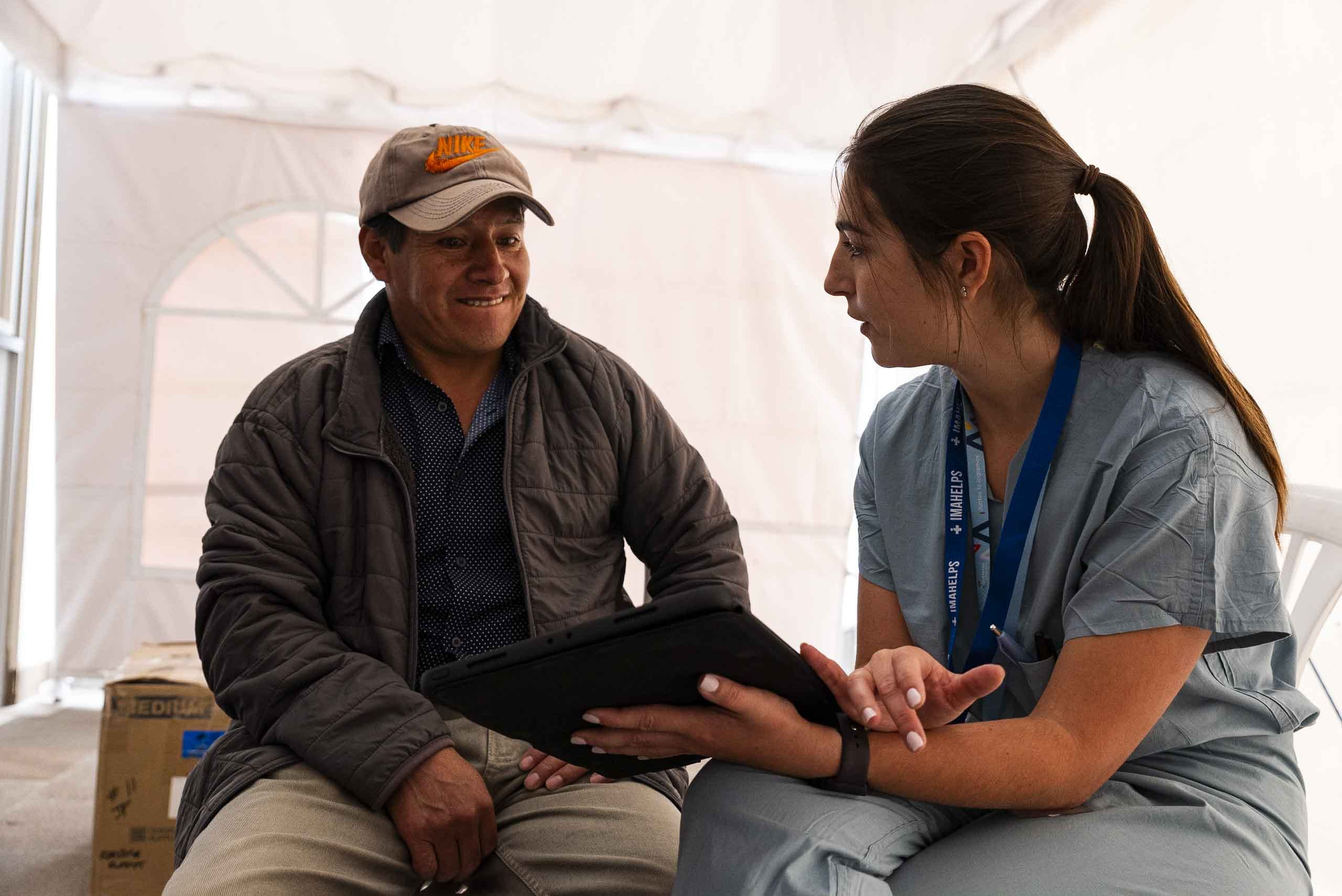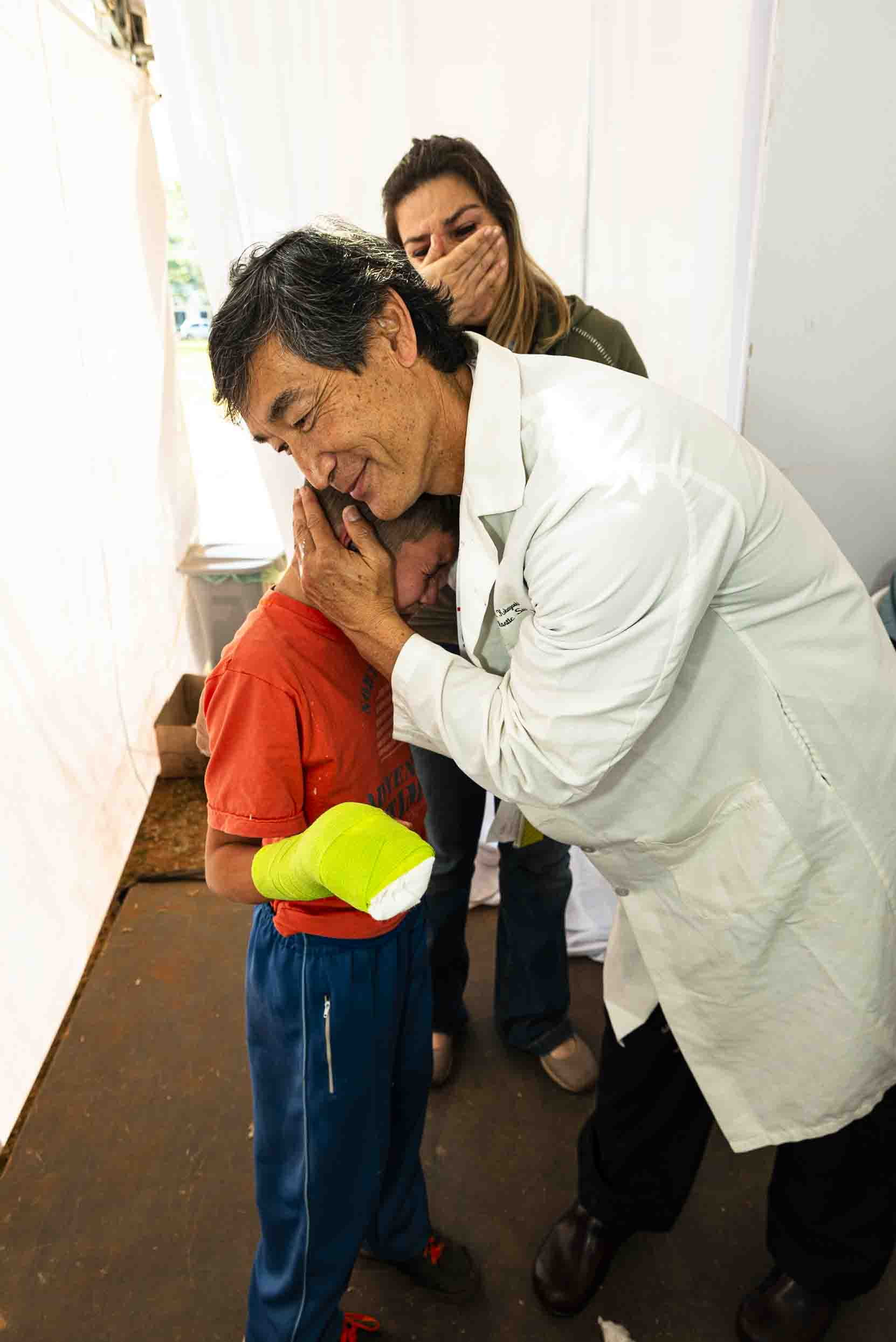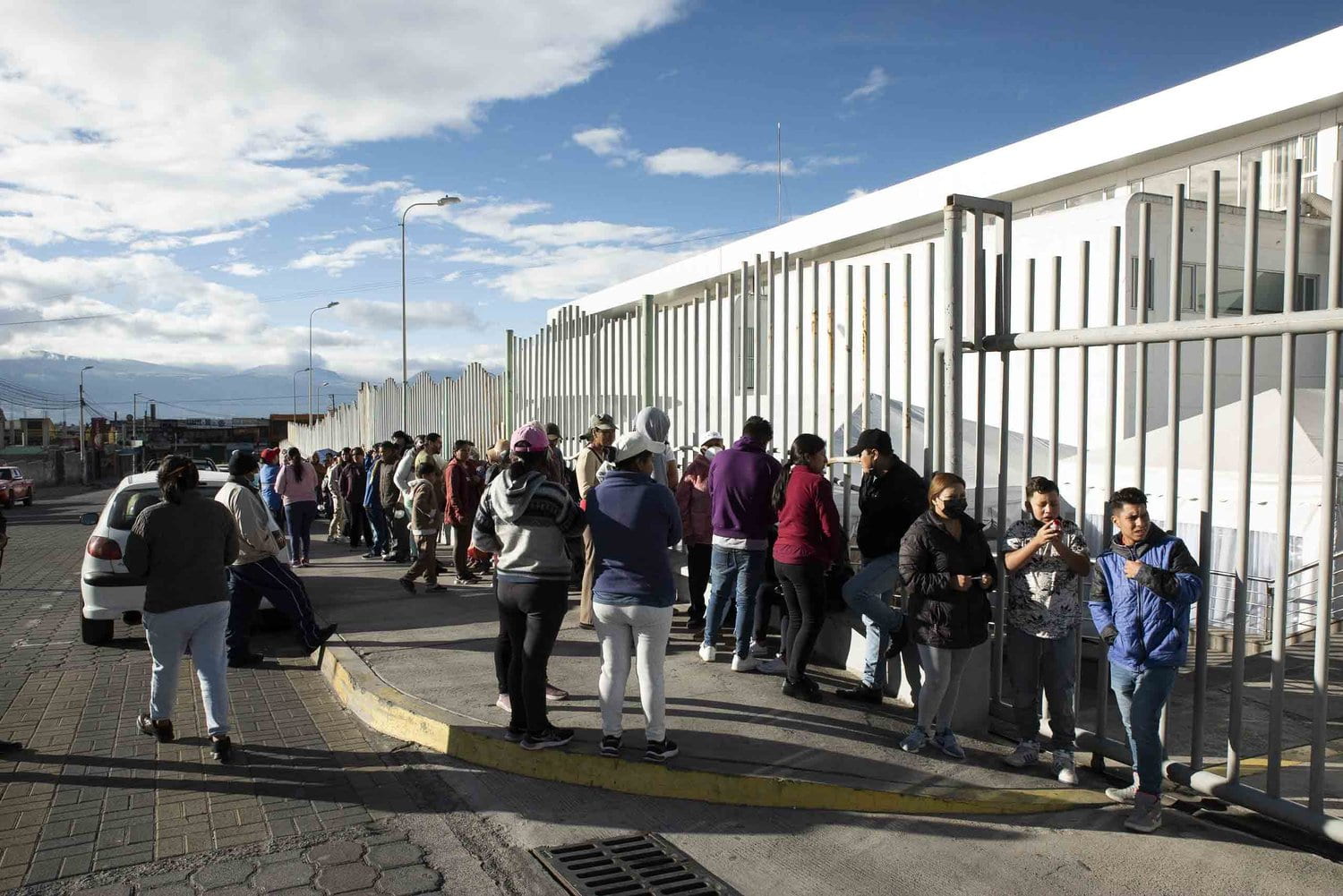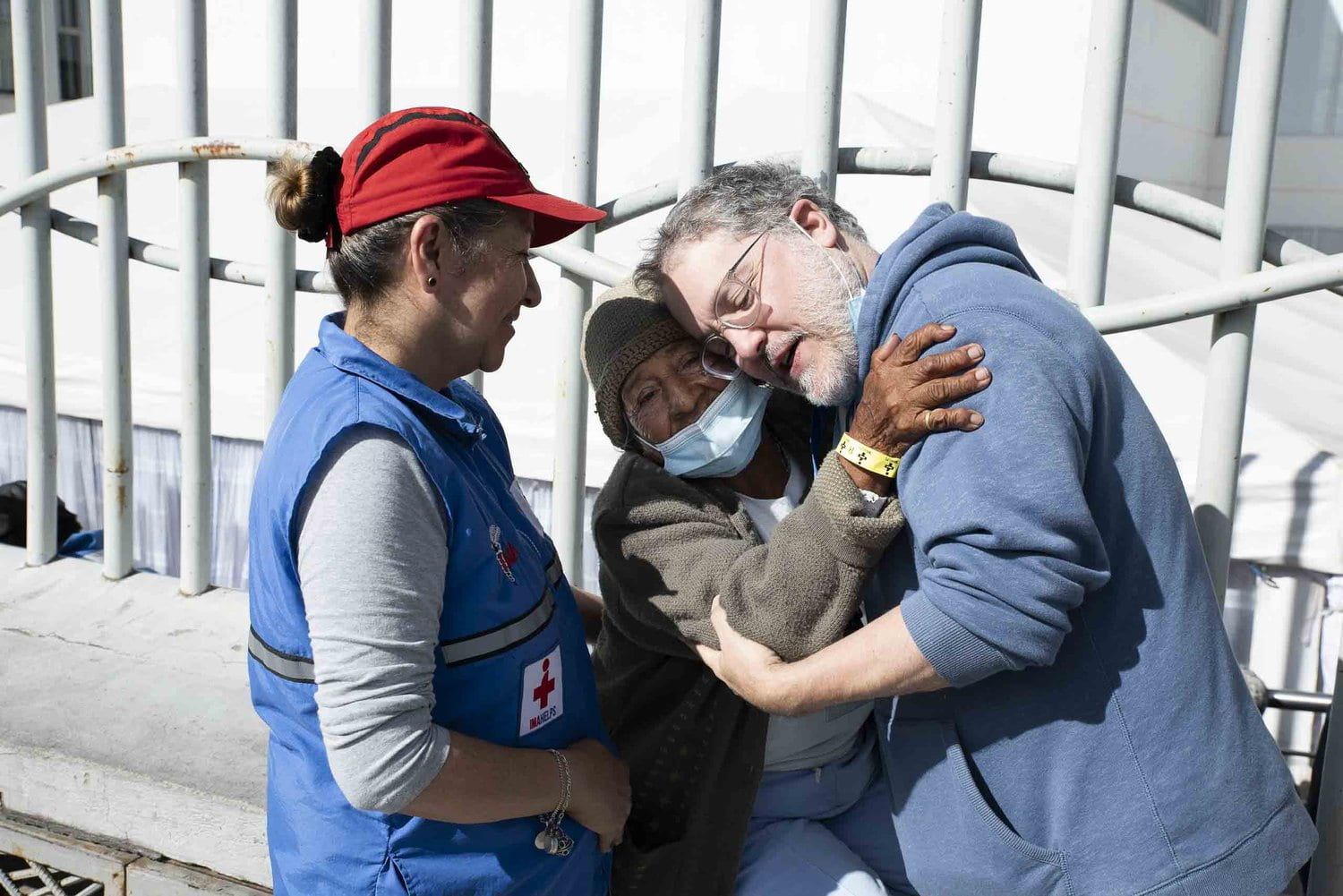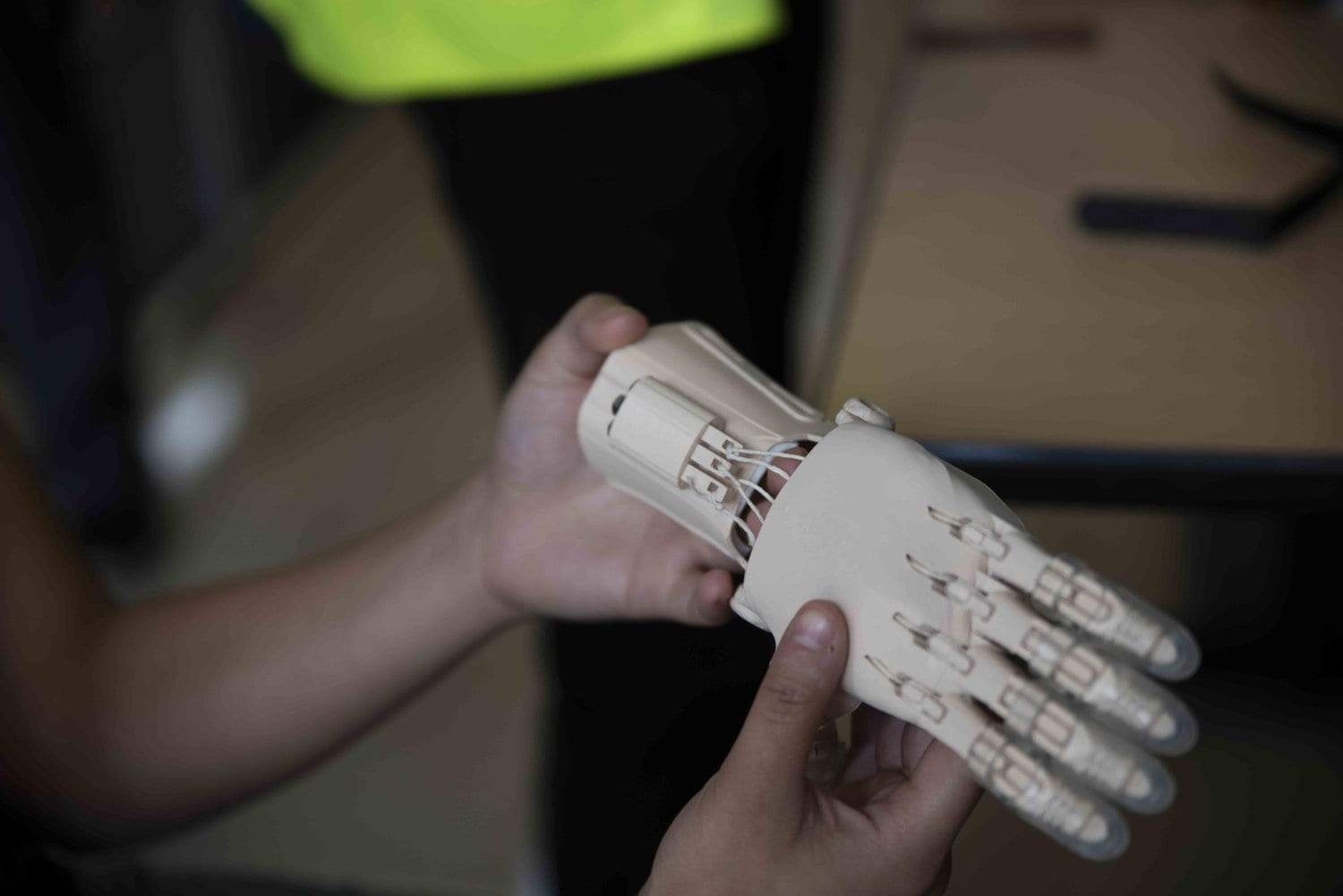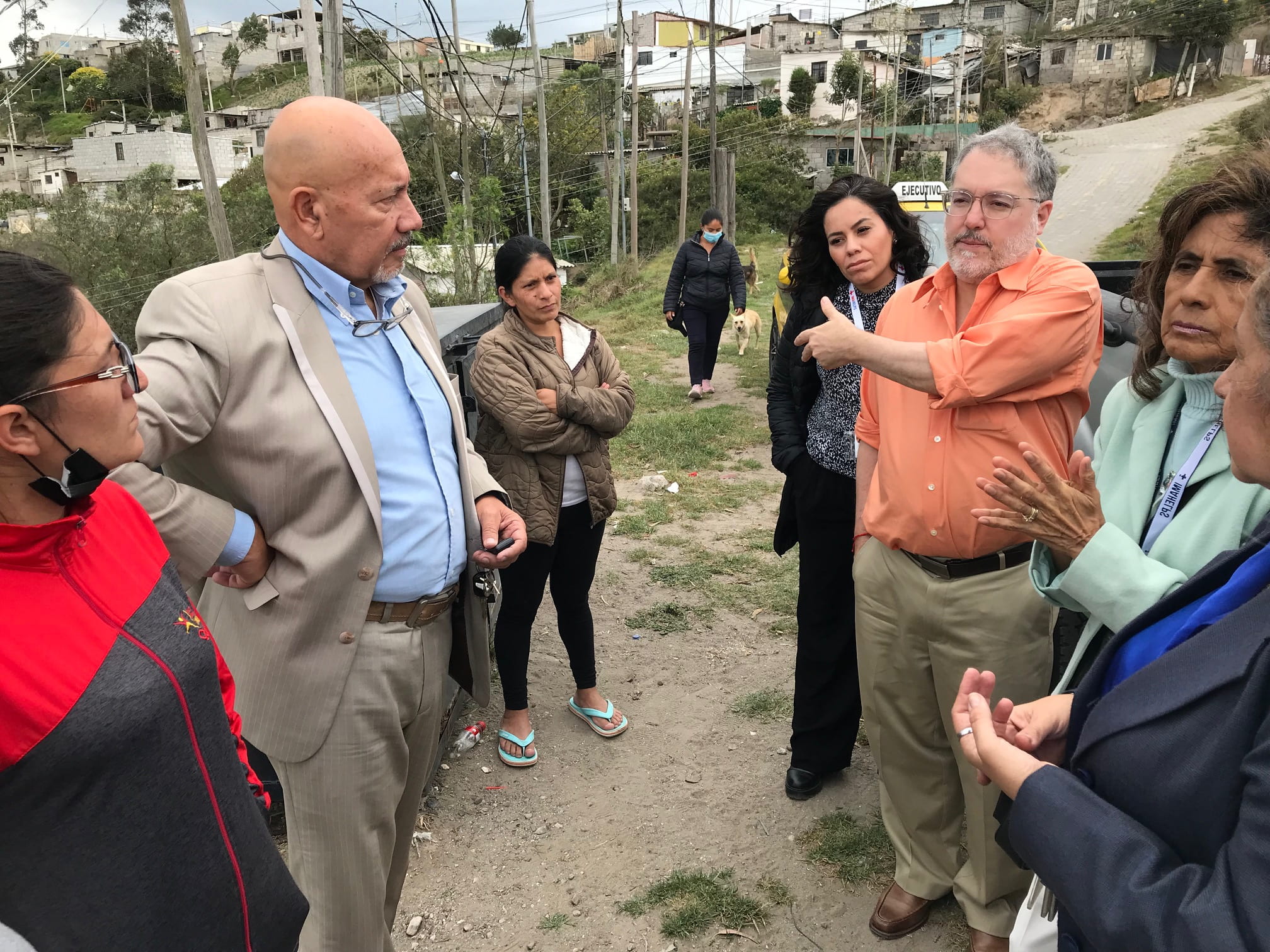Surgeon leads overseas medical missions to poor villages
UCI doctor most recently took a group of volunteers to Ecuador
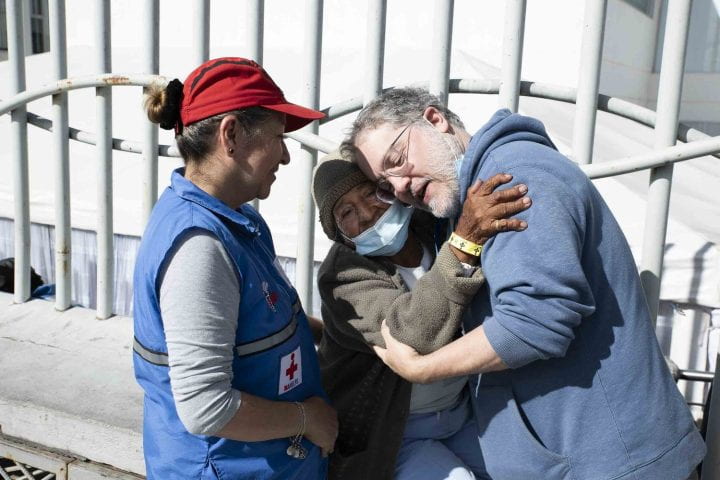
Summary
Joined by an ex-NASA contractor, a high school robotics team and assorted Anteaters, Dr. Cristobal Barrios Jr.’s nonprofit treated 3,750 people last summer. Patients and medical personnel both say the experience was moving.
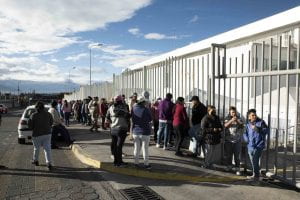
In the shadow of a snow-capped volcano, hundreds of impoverished villagers stood in line last July, hoping to receive much-needed medical care. The throng included a teenage girl who had lost her arm in a bus crash in the Andes Mountains, a woman who’d waited eight years for gallbladder surgery and a boy whose left hand was shredded while he cleaned a cement mixer.
Over the next 10 days, UCI Health’s Dr. Cristobal Barrios Jr. and an unusual band of volunteers – including acupuncturists, medical students, dentists and a high school robotics team from Cleveland – treated 3,750 patients as part of a humanitarian mission in Quito, Ecuador.
The trip was sponsored by IMAHelps, a nonprofit – led by Barrios – that has conducted annual clinics for the poor since 1999 in China, Central America, South America, India and the Amazon jungle.
“We bring hope to people who’ve never had it,” says Dr. Valery Vilchez, a Venezuela-born colorectal surgeon at UCI Health who joined last year’s sojourn.
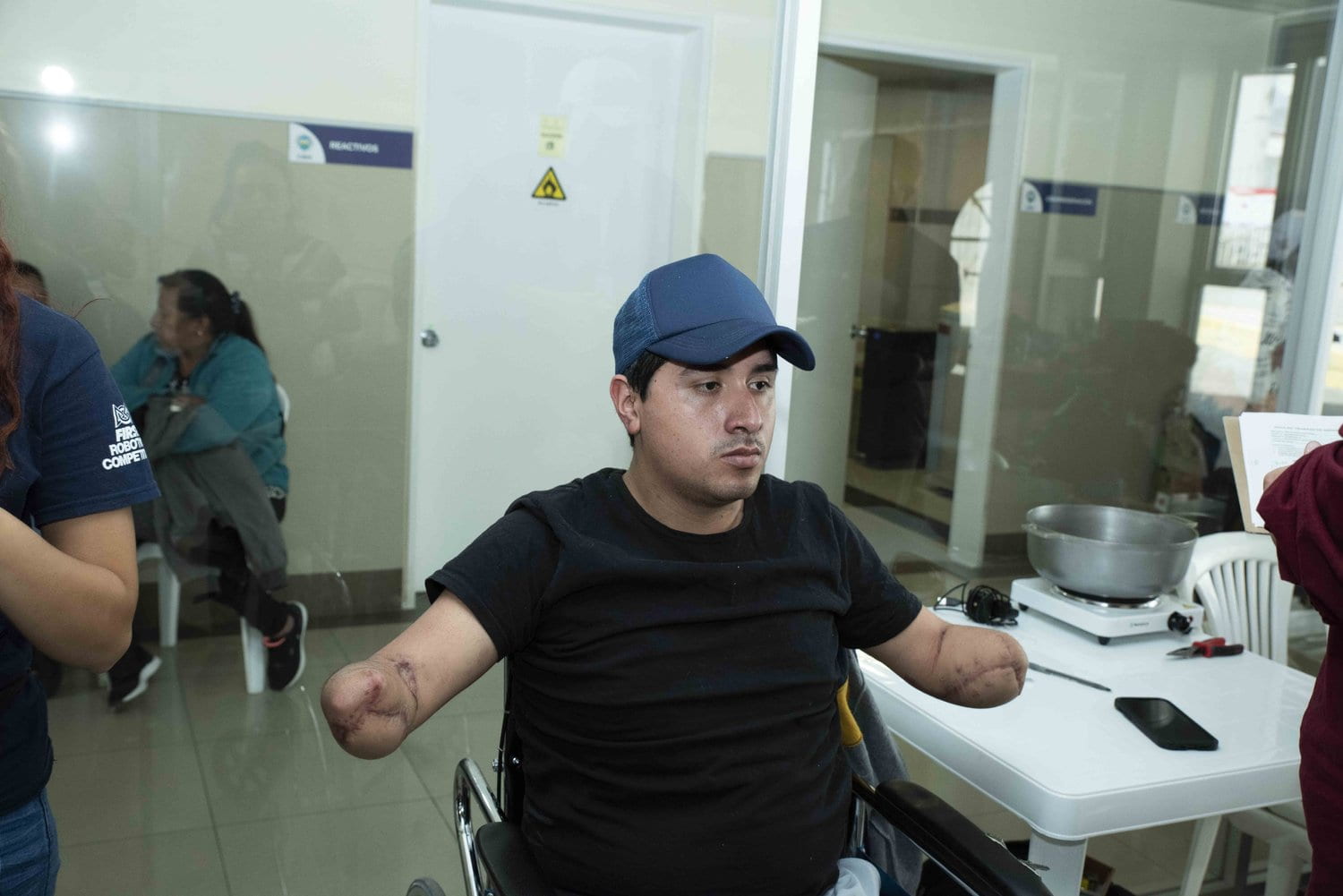
Barrios, a clinical professor of surgery and assistant dean of admissions in the School of Medicine, began volunteering with IMAHelps in 2011 at the request of a UCI resident who was traveling with the group.
“I thought it would be a one-off thing,” says Barrios, whose parents came to the U.S. from Cuba. “But the work you do is so gratifying.” He wound up becoming a fixture in the organization and, in 2023, took over as president and CEO after the co-founders, a dental office manager and her ex-police sergeant husband, decided to step back and pass the torch.
Barrios and other IMAHelps officials receive no salary, and everyone who signs up for the outfit’s overseas missions is expected to pay their own airfare, plus $650 to cover meals and lodging, he says.
Although the trips draw from a pool of about 100 regulars, Barrios is always looking for new recruits. “At UCI, I shamelessly beg people,” he says. In Ecuador, the Anteater contingent included two surgeons, four medical students, an anesthesiologist and a quartet of operating room staffers.
“We had a blast,” says Vilchez, who repaired hernias, extracted the aforementioned gallbladder, performed gynecological work, treated hemorrhoids and assisted a plastic surgeon correcting facial deformities. “You kind of become a chameleon.”
The newest addition to the team – one that grabbed national headlines – was a high school robotics squad from Cleveland led by JonDarr Bradshaw, a former NASA contractor who was diagnosed with throat cancer eight years ago and given a few months to live. Now in remission, he finds purpose in mentoring underserved youths. “When you come close to dying, it gives you a new perspective,” he says.
After Bradshaw heard about IMAHelps through a Rotary Club Zoom presentation, he asked his students – who included an immigrant from Ecuador – to craft mechanical hands and arms for several young amputees. Two of the students joined last summer’s South America trek to deliver the prosthetics they created with a 3D printer.
The boy from the cement mixer accident couldn’t stop grinning after trying out the fingers they designed. “I can be more independent now,” he told the robotics group.
Sometimes patients show their gratitude by bringing handmade gifts or plates of food, says Barrios, who once found himself eating roasted guinea pig on a stick as a thank-you for performing hernia surgery. The Peruvian dish “tasted like quail,” he says.
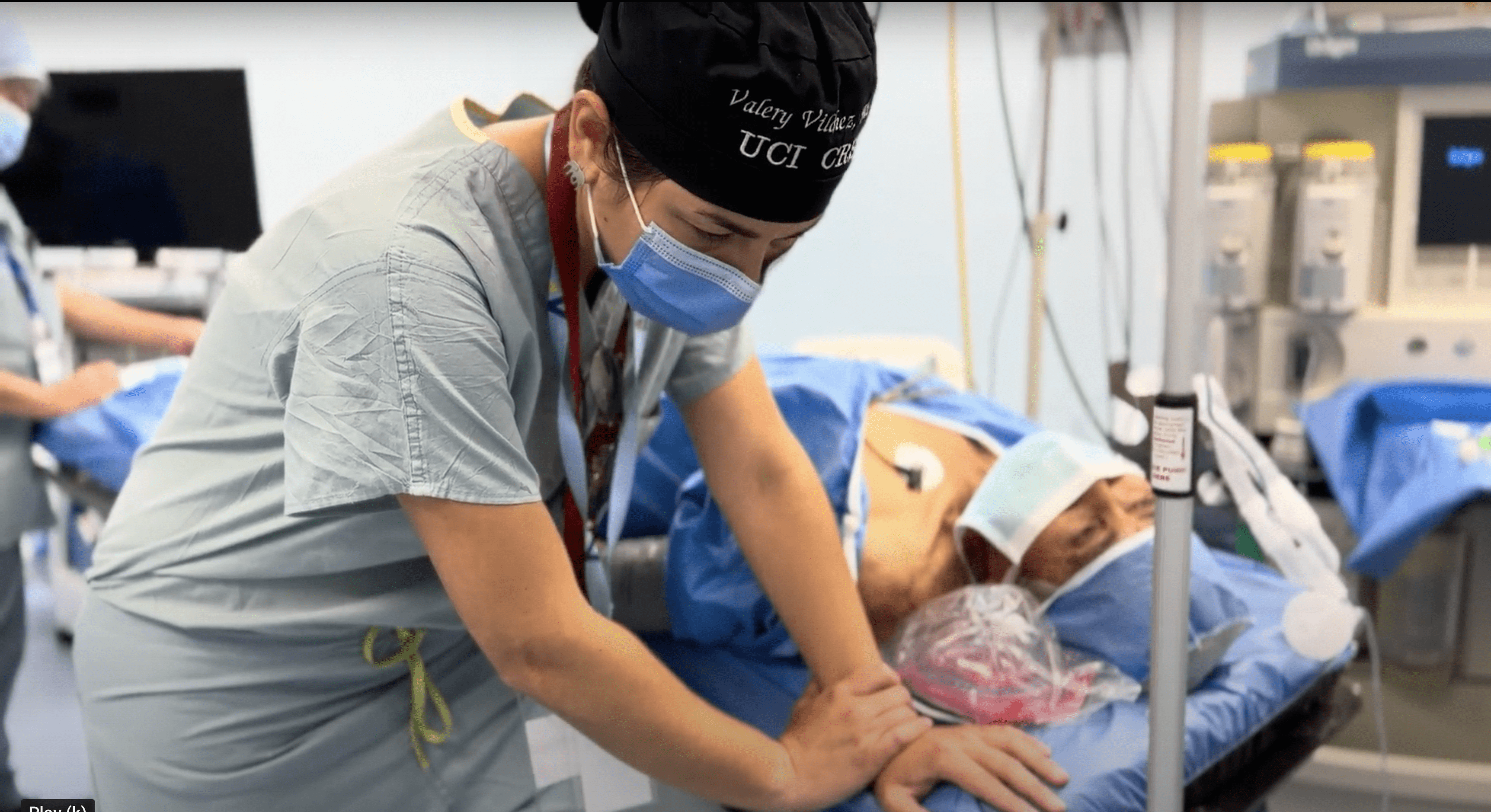
Volunteers say they return from the experience profoundly affected. In a book about IMAHelps’ first 20 years, Jennifer Padilla, an emergency services technician at Loma Linda University Medical Center, says, “On my first mission, I absolutely found the reason I was placed on this globe. … I discovered that my time here, no matter how easy or hard, was not solely meant for me, but it is meant for others.”
To choose mission locales, Barrios sometimes drives to consulate offices in Los Angeles to solicit recommendations on areas that need medical aid. Once a region is selected, he and IMAHelps leaders scout for a spot that has enough lodging to accommodate about 80 volunteers and a hospital with sufficient operating rooms. They also work with locals to bus in villagers who need medical and dental care.
In October, Barrios visited the Dominican Republic to plan logistics for two 2024 excursions: a small clinic for burn patients in late April and the regular, large-scale outreach in July.
Vilchez says caring for the poorest of the poor “really changes your outlook. You’re so grateful when you come home for simple things we take for granted.” But you don’t have to travel overseas to make a difference, she adds: “We all can help, because we all can serve.”
